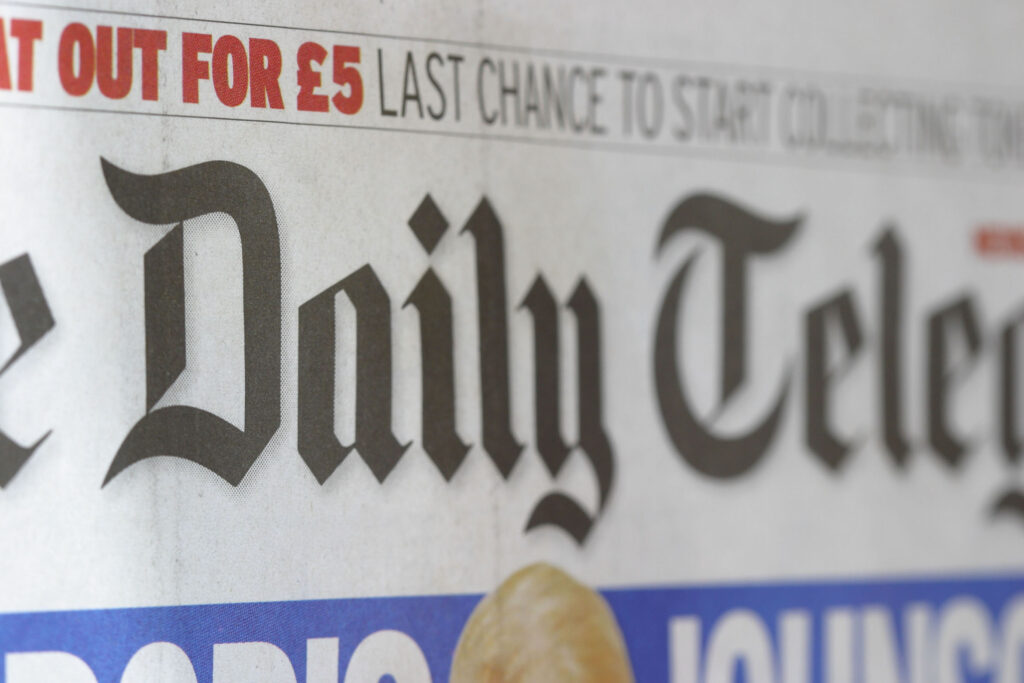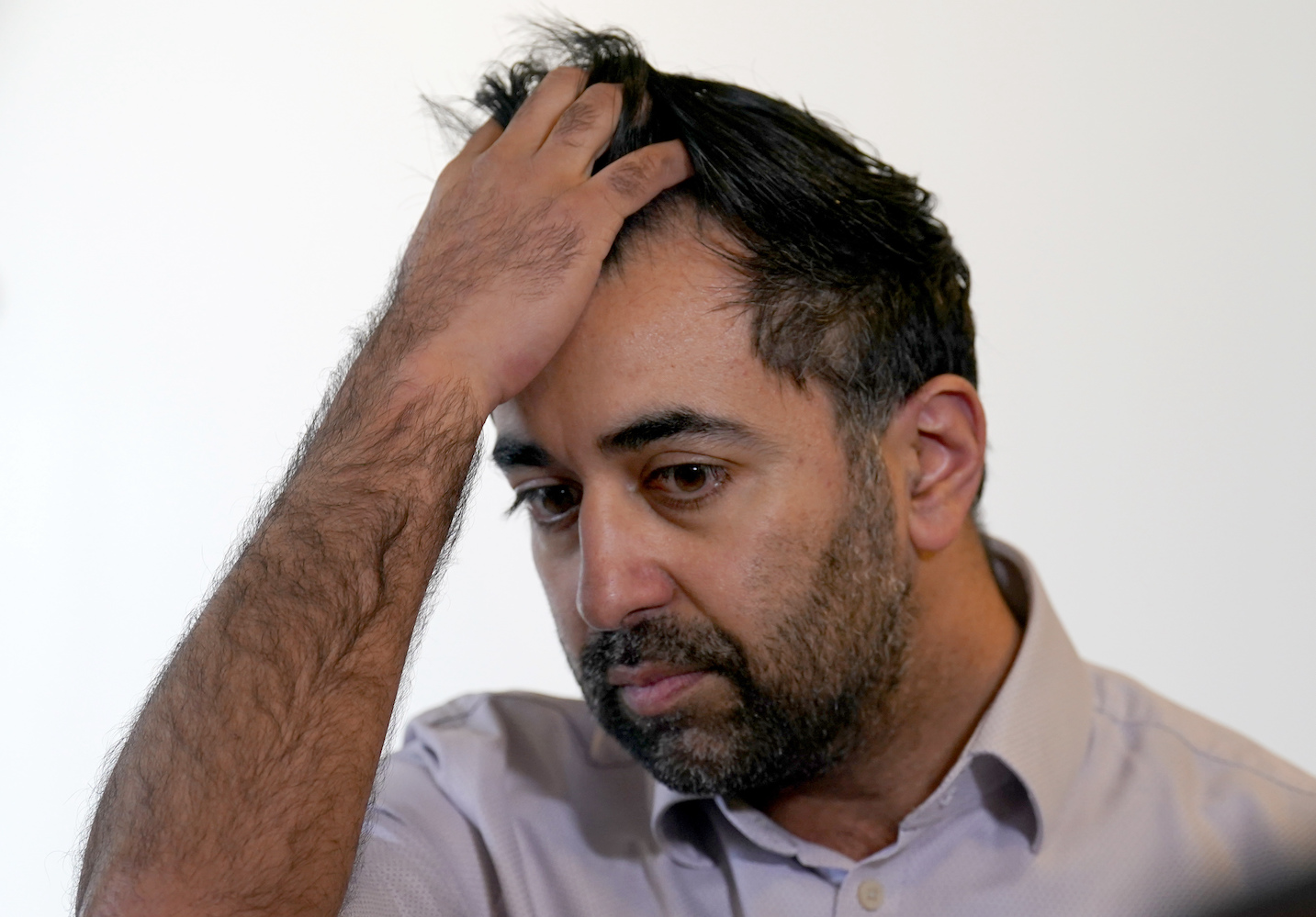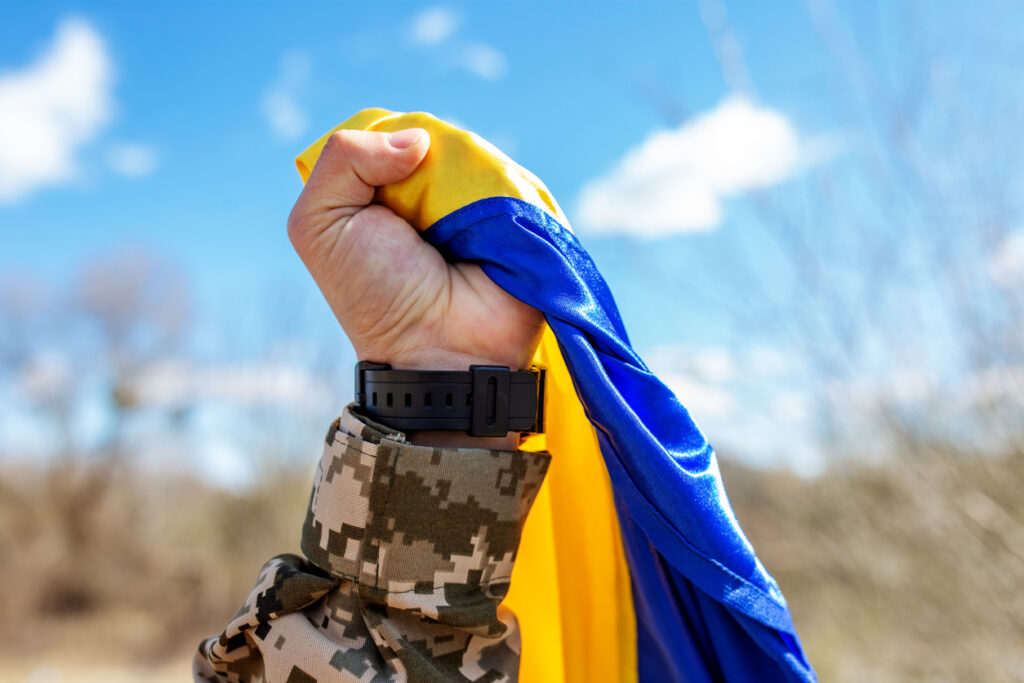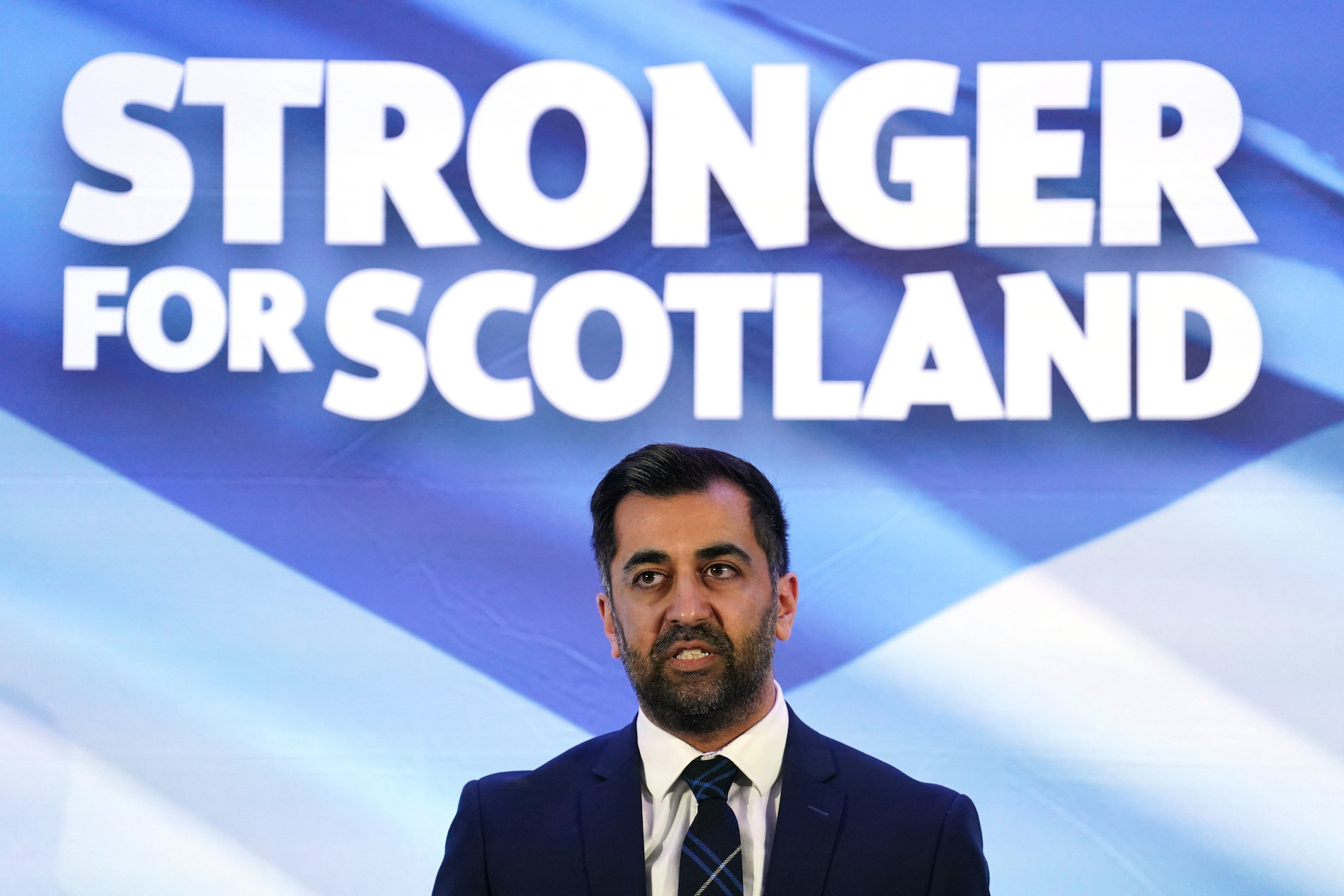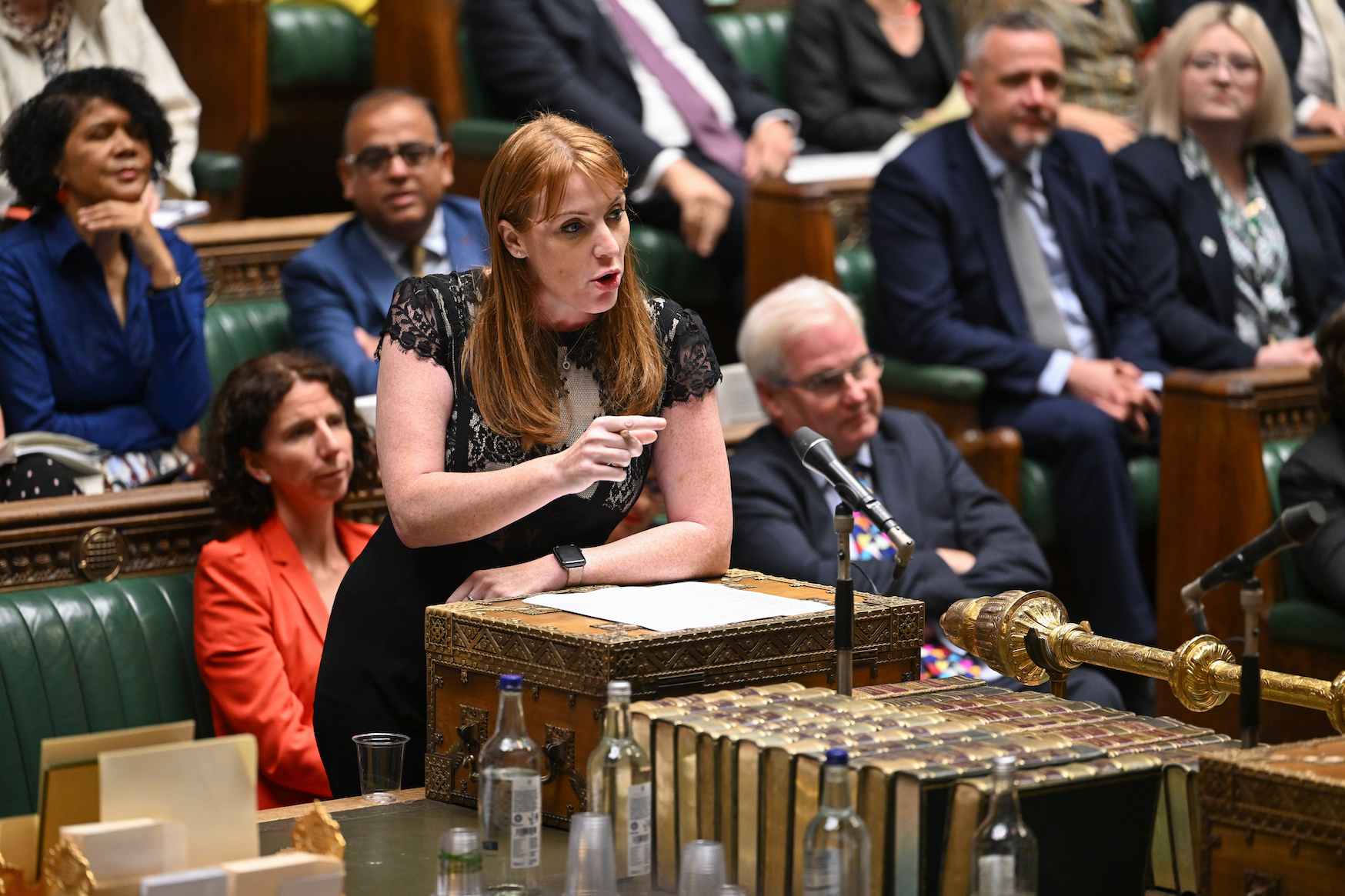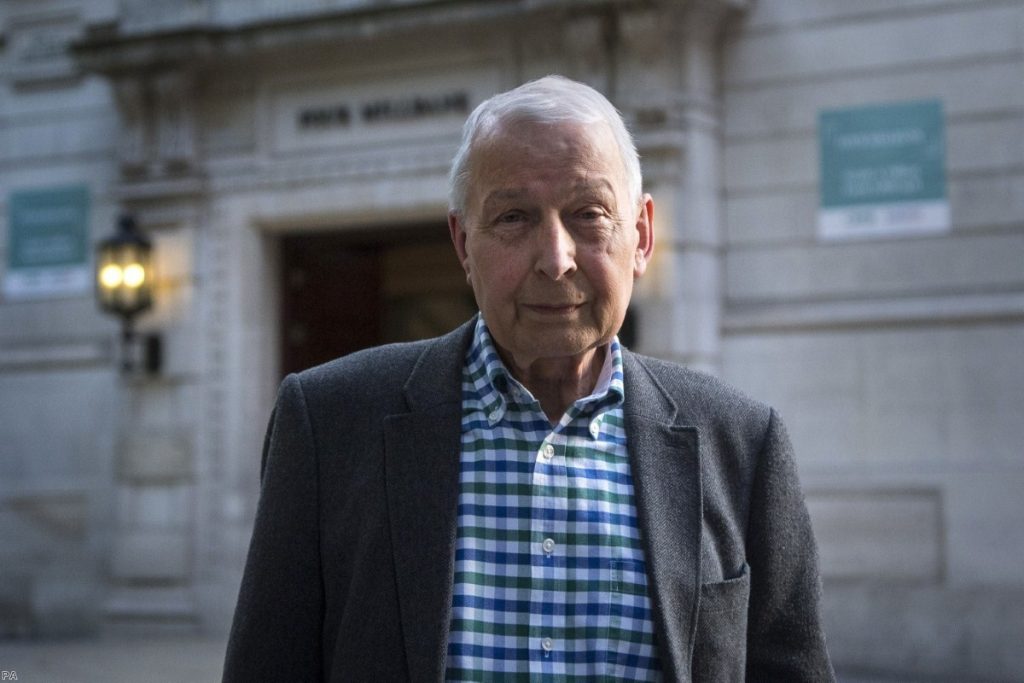Overview
From 2007 to 2010, David Miliband was Secretary of State for Foreign Affairs and the hottest topic in British politics.
As the Labour Party approached the 2010 General Election, many considered then Prime Minister, Gordon Brown a liability. Miliband, on the other hand, was fashioned as young and exciting – a fresh face from a decade of Brown-Blair politics and ultimately the future of the Labour Party.
However, despite great media speculation, Miliband never challenged Brown for the party leadership.
Worse still for David, in the Labour Leadership election that followed the 2010 British General Election, he was beaten out by his younger brother, Ed Miliband. Ed was later to suffer electoral defeat to then Prime Minister David Cameron at the 2015 British General Election.
After his own defeat at the hands of his brother, David Miliband stepped back from frontline politics, and in 2013 he resigned from Parliament to become the President and Chief Executive of the global charity, International Rescue Committee.
In the aftermath of Labour’s 2015 election defeat, political commentator John Rentoul declared that “[this was] an election that Labour could have won, and David Miliband could have won it”.
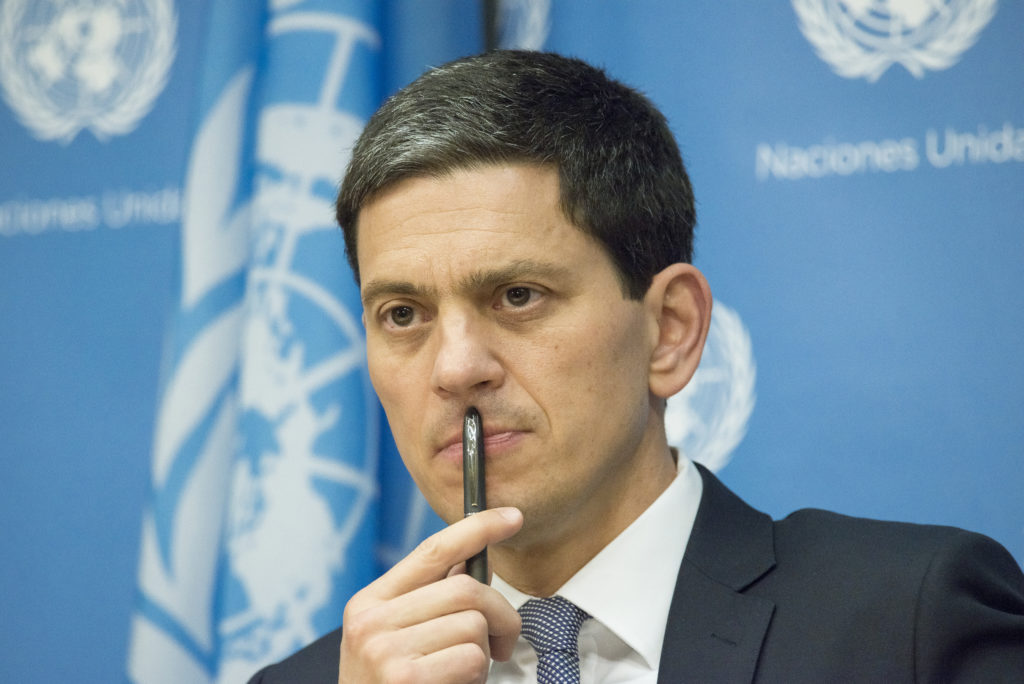
David Miliband – Will he make a return to British politics one day?
What does David Miliband do now?
Living as an Englishman in New York, Miliband is far away from his old South Shields constituency in the North East of England.
Miliband is President and Chief Executive Officer of the International Rescue Committee (IRC), a charity whose mission, according to its website, ‘is to help people whose lives and livelihoods are shattered by conflict and disaster to survive, recover and gain control of their future’. The IRC was created by Albert Einstein in the 1930s.
Focusing on humanitarian crises and refugee resettlement the IRC is said to have extensive reach and has previously been described as ‘the most under-recognized yet influential non governmental aid group in the world’.
Despite living in the United States, David Miliband occasionally still pops up on the British media to make comments about the state of UK politics.
David Miliband salary
David Miliband reportedly earns the substantial sum of $1,019,636 million per year in his role as President of the International Rescue Committee. That is in excess of three quarters of a million pounds per year.
Miliband’s salary level has attracted attention because the aid charity is heavily taxpayer funded including by British taxpayers.
In his former life as a politician, Miliband was previously very critical of what he described as ‘immoral’ fat cats’, notably during his bid to become Labour Party leader back in 2010.
David Miliband Political Career
Before becoming the MP for South Shields at the 2001 election, Miliband was a Research Fellow at the Institute for Public Policy Research, and from 1992-1994, Secretary of the Commission on Social Justice – a commission set up by then Labour Leader John Smith.
During Tony Blair’s first term in office from 1997 to 2001, Miliband was the Head of the Prime Minister’s Policy Unit in 10 Downing Street. In this period, Miliband was said to have been nicknamed ‘Brains‘ (apparently after the Thunderbirds puppet) by Alastair Campbell.
In 2002, Miliband, now an MP, was made Minister of State for Schools before being promoted to Chancellor of the Duchy of Lancaster in 2004. From 2005, Miliband became a Minister of State for Housing, Communities and Local Government – a position he held until 2006.
Miliband was then made Environment Secretary (2006-2007), before becoming the youngest Foreign Secretary for 30 years under Gordon Brown.
Following Labour’s defeat at the 2010 election in Britain, Miliband stood for the Labour leadership against his brother, Ed. However, it was Ed Miliband who won the contest, and, in turn, David stepped back from front-line politics, eventually resigning his Commons Seat in 2013.
David Miliband: speculation about a return to frontline politics under Keir Starmer
Miliband was a strong critic of Jeremy Corbyn during his time as Leader of the Labour Party. In an interview following the 2019 election, Miliband accused Corbyn and his allies of being in ‘denial’ about the 2017 and 2019 election losses.
Miliband welcomed Sir Keir Starmer’s election as Labour leader.
What would a David Miliband comeback mean for Starmer’s Labour party?
Miliband is frequently asked about a potential return to the United Kingdom. And on every occasion of his asking, he has been deliberately noncommittal.
In July 2020, Miliband said in an interview with Times Radio, ‘I don’t want to get into the ruling in [or] ruling out’.
When the topic of a potential political return was mooted in a recent interview with Andrew Marr in late 2022, Miliband responded: “That has not been decided yet. That has not been done”.
What would a David Miliband comeback mean for British politics?
A Miliband comeback would not be welcomed by all, and the former foreign secretary arguably suffers from the same problem that he did back in 2010.
While he may be a well-qualified political operator, Miliband remains tainted by his association with the New Labour ancien régime. As a New Labour darling and original “heir to Blair”, Miliband will need to prove that he can change, just as the energy of politics has changed since 2010.
Moreover, the key driver of the “David myth” between 2010 and 2020 was that the Labour party had been led adrift by Ed Miliband, before being taken off course entirely by Jeremy Corbyn. But with the party right in the ascendant under Starmer, is the return of the messianic saviour of the centre-ground needed?
Going off ideological compatibility alone, David Miliband would slot pretty easily into Keir Starmer’s top team.
In his 2022 interview with Andrew Marr, Miliband affirmed that he was “enthusiastic” about Labour’s direction under Starmer. The avowed atheist added: “The Labour party has, thank God, put itself into a position where it’s got good people leading it — it’s developing its plans for government … I think is really essential for the country”.
This praise came after years of savage criticism from Miliband levelled at Starmer’s predecessor, Jeremy Corbyn.
Commenting on Corbyn’s record as party leader in 2022, Miliband said: “When people got to look at Labour in 2017, we couldn’t beat the worst Tory campaign in history… and then when people got the full measure of Jeremy Corbyn in 2019, he led us to the worst election defeat since the 1930s”.
Miliband and Starmer would also be at one on a number of important Labour party priorities. Miliband has been outspoken about the need for a more radical approach to climate policy, and as CEO of the IRC, he has consistently criticised the UK government’s approach to migration.
On the day the first flight of the government’s controversial Rwanda relocation policy was due to take off, Miliband slammed the government’s “perverse” approach to the asylum issue, insisting: “Refugees are people who become businessmen, they become sportsmen, they become part of the fabric of community in an incredibly positive way”.
The subject where Miliband comes closest to admonishing Starmer is Brexit. The former foreign secretary has expressed scepticism about the party’s recent re-positioning.
Miliband has stated: “You can walk away from issues, but they won’t walk away from you. … So [on] Brexit, you’ve got to have a position”.
He added” “It seems to me what [Keir Starmer is] trying to do is make sure he doesn’t get cornered by his political opponents”.
Throughout 2016-2019, Miliband was an outspoken opponent of Brexit, calling on Corbyn’s Labour to become the “unequivocal” party of Remain before the 2019 general election. He was even touted as a potential leader of a new centre party in British politics, one which could unite Conservative remainers, Labour moderates and Liberal Democrats as the battle to assemble a parliamentary majority for a second referendum rumbled on in the background.
David Miliband and Ed Miliband
David and Ed Miliband were born the sons of Jewish refugees. Their father, Ralph, was one of the leading Marxist theorists of his generation – and a fierce critic of the Labour Party – including his sons’ role within it.
As part of their upbringing, the Miliband brothers were always encouraged to voice their political opinions. They both joined the Labour Party an early age-much to the consternation of their father.
David and Ed were both MPs and Cabinet members in the ‘New Labour’ years. The brothers then stood against each other in the 2010 Labour Leadership election. The race was well-publicised and much was made of their brotherly rivalry.
Neil Kinnock told a Channel 4 documentary at the time: ‘David’s response to Ed running has been deeply resentful’. Ed ultimately beat David in the contest by appealing to the left of the party. Following David’s resignation from parliament, it was reported that the brothers didn’t speak for years.
David Miliband Family
David Miliband was born on 15th July 1965 in London. Miliband is married to violinist Louise Shackelton, who herself previously played the violin for the London Symphony Orchestra. The couple have two adopted children.
David Milband was educated at Oxford University. He was later a prestigious Kennedy Scholar at Harvard between 1988 and 1989.
Further Details
Twitter Handle –@Dmiliband
Facebook Address – @dmiliband
Personal Website – https://www.rescue-uk.org/david-miliband










